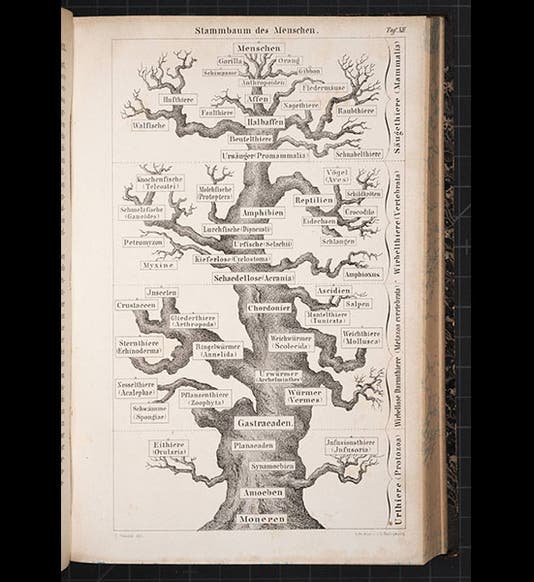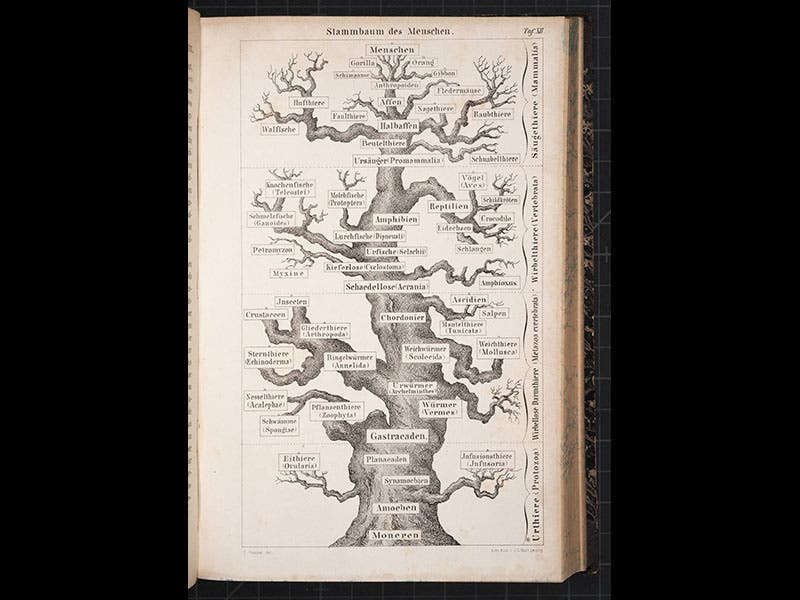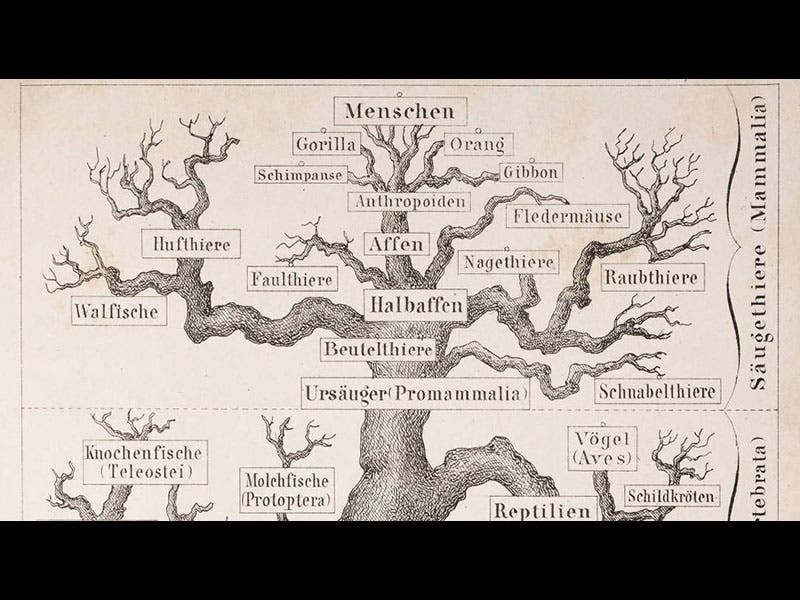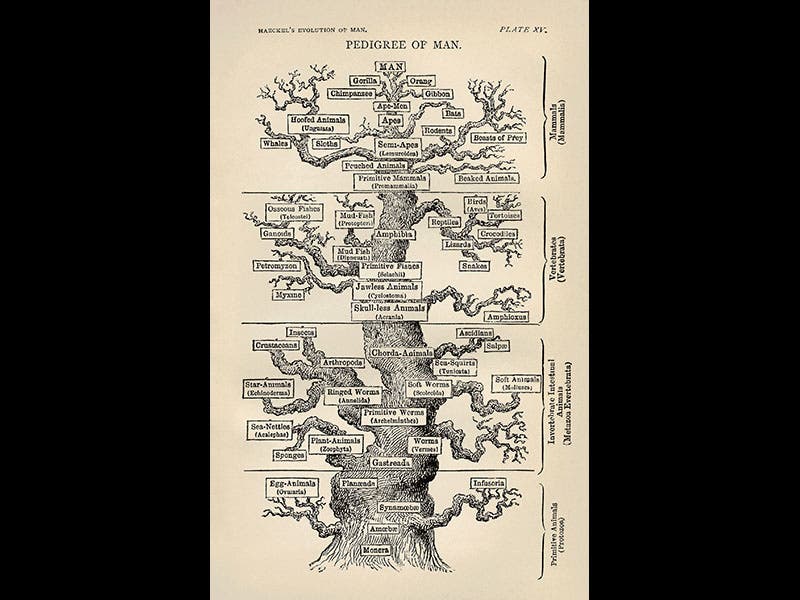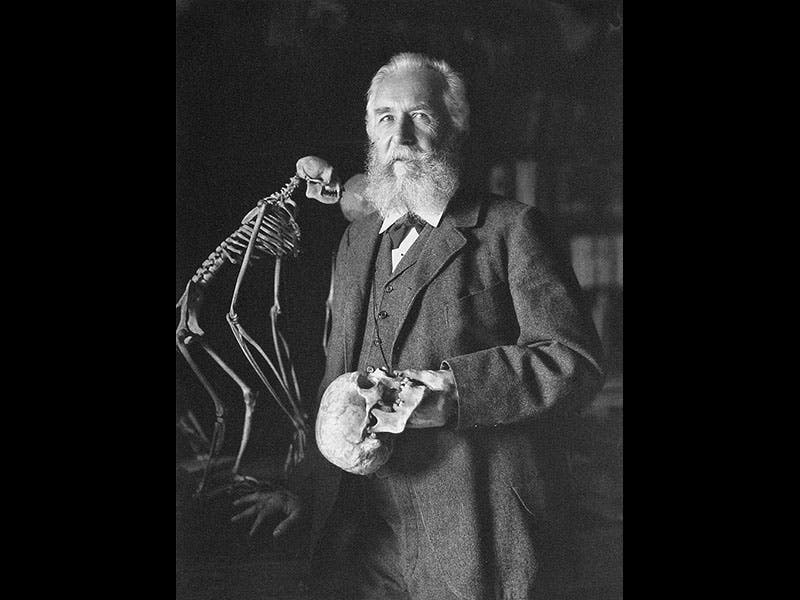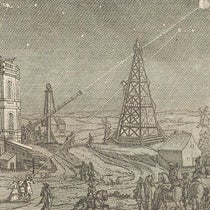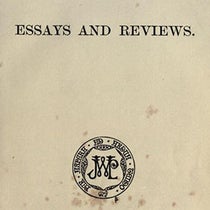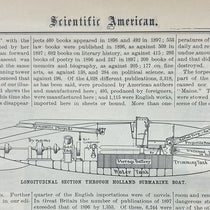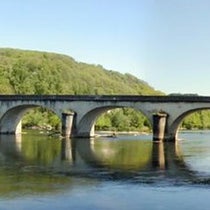Scientist of the Day - Ernst Haeckel
Ernst Haeckel, a German biologist, was born Feb. 16, 1834, in Potsdam, in what was then Prussia. Upon reading Charles Darwin's On the Origin of Species (1859), Haeckel immediately accepted evolution by natural selection as the key to understanding the history of life on earth. Moreover, he took Darwin one step further. Darwin, for tactical reasons, had said very little about human origins in the Origin, but Haeckel immediately realized that humans could hardly be left off the evolutionary tree. So he wrote a book on human origins, Anthropogenie oder Entwickelungsgeschichte des Menschen (1874), in which he included an evolutionary tree--the first ever depiction of a 'tree of life'--and if you look at the very top of the tree, you will see Menschen (humans), sharing a branch with chimpanzees, gorillas, orangutans, and gibbons (first and second images above).
Moreover, Haeckel suggested in the diagram that humans and apes had a common evolutionary origin (that is, they are all branches of a root stock), and he labelled the base of that branch Anthropoiden. He suggested in the book that there must have been a historical "missing link" that was the original anthropoid and gave rise to all the large primates, including humans. He even offered a name for the missing link that was yet to be discovered: Pithecanthropus, the ape-man, a perfectly sensible label. Seventeen years later, a Dutch physician, Eugene Dubois, traveled to Java and Sumatra for the specific purpose of searching for fossil hominids, and that he found one, "Java man," to which he gave the scientific name Pithecanthropus erectus. It is hard for an anthropologist (Haeckel) to have a better legacy than that, even if we now call Java man Homo erectus.
We featured Haeckel's original Stammbaum in our 2012 exhibition, Blade and Bone. The diagram was soon translated into English and appeared, among other places, in the 1879 London edition of Haeckel’s book (third image). The portrait shows Haeckel later in life (he lived until 1919).
Dr. William B. Ashworth, Jr., Consultant for the History of Science, Linda Hall Library and Associate Professor, Department of History, University of Missouri-Kansas City. Comments or corrections are welcome; please direct to ashworthw@umkc.edu.

